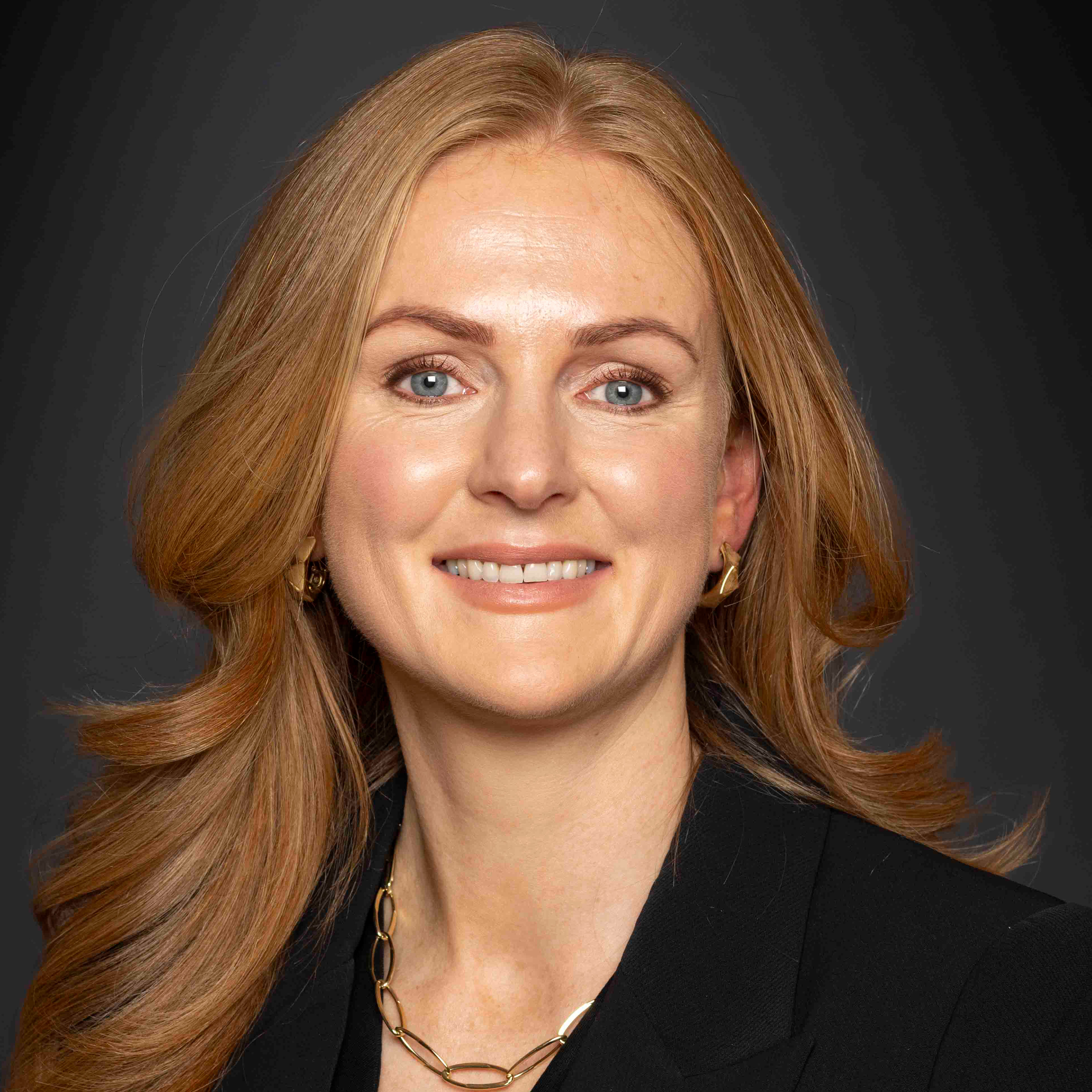COVID-19: ComReg Releases Extra Radio Spectrum to Deal with COVID-19 Strain
On 7 April, the Commission for Communications Regulation (“ComReg”) published its decision to release extra radio spectrum to provide additional capacity for mobile phone and broadband providers “due to the steep increase in the use of mobile networks.”
In order to deal with increased strain on the network due to the COVID-19 pandemic, ComReg is taking the following temporary measures:
- releasing extra capacity in the 700 MHz and the 2.6 GHz bands; and
- allowing the currently licensed 2.1 GHz band to be used for 4G and other technologies, rather than just for 3G.
According to ComReg, based on handset testing on 137 devices available in the Irish market, a high percentage of devices have capabilities in each of these three bands.
Engagement with Mobile Network Operators
The decision to release additional radio spectrum is a direct response to three identical letters from the CEOs of eir, Three, and Vodafone on 23 and 24 March, calling on ComReg to take action “to prepare our networks to cope with further increases in demand.” The measures taken by ComReg closely resemble the requests made in the operators’ letters.
On 26 March, ComReg released a consultation paper explaining its proposals, giving interested parties just two business days to respond, to enable it to make its final decision as soon as possible. The paper notes that mobile and other wireless networks will be particularly important during the COVID-19 pandemic, since around half of households do not have a fixed-line voice connection, and around 20% rely primarily on wireless means for internet access.
ComReg will allow operators to apply for a “Temporary ECS licence” for rights to avail of radio spectrum in any of the three bands. The temporary licences will only be issued to facilitate operators who can readily use the band using existing infrastructure to meet increased consumer demand during the COVID-19 crisis. Applicants will be required to provide evidence to show that the spectrum rights applied for can be readily used. The licences will have a maximum duration of three months, but if the COVID-19 crisis continues beyond the expiry of the licence, a further Temporary ECS licence may be granted. Licences will have a nominal fee of €100.
On 1 April, ComReg released an information notice stating that it had received eight submissions in response to its consultation paper, which were generally supportive of its proposals. However, the submissions raised various issues “regarding the coordination and co-existence between the potential new services in these bands and existing services in the same or adjacent spectrum bands.” Specifically, there were concerns that the rapid introduction of new services in the 700MHz band might cause interference to broadcasting services operated by RTÉ, to existing mobile services, or to the Virgin Media cable network. ComReg therefore sought further consideration from industry and requested that certain operators come together “in the Irish national interest” “to find an acceptable solution that reasonably and appropriately meets their respective needs.”
Following the agreement of co-operation procedures between the three mobile network operators, Virgin Media, and RTÉ, ComReg published its final decision and draft regulations on releasing extra radio spectrum on 7 April. The co-operation procedures provide, inter alia, that the relevant parties will hold a conference call at least once per week to resolve any matters arising in relation to the impact of temporary use of the 700MHz service on each other’s network. The draft regulations will come into force once ComReg has received the consent of the Minister for Communications, Climate Action and Environment.
Derogations granted to eir
On 26 March, ComReg also consented to two COVID-19-related derogation requests from incumbent operator eir:
- the first derogation allows eir to temporarily apply modified terms to sale of wholesale broadband products to retailers, so that retailers purchasing these products will be able to cease and reconnect lines for their retail customers irrespective of minimum term requirements and without incurring the usual reconnection fees. According to ComReg, this “may help some businesses survive the crisis” and “has a very limited likely impact on competition.”
- the second derogation relieves eir of the requirement to notify high capacity broadband being made newly available in the case of 100 premises in Churchtown, County Cork. The requirement to notify new capacity is intended to allow all retailers to compete for new customers on an equal footing. According to ComReg, the derogation will allow end-users in this area “to benefit from high speed broadband as quickly as possible given the need of many people to work from home.” It noted that “the number of customers at issue is very small and there is no appreciable negative impact on competition.”
Conclusion
The decision to release additional radio spectrum and the willingness to grant derogations to eir shows ComReg’s swift reaction to the rapidly evolving needs of the telecom industry amid the outbreak of COVID-19. ComReg has signalled that it is open to further measures, noting that it “will continue to accommodate efforts designed to help businesses survive and end users avail of telecommunications services in this Coronavirus health emergency.”
Increased network strain is being experienced by countries dealing with COVID-19 across Europe. On 19 March, a joint statement was issued by the European Commission and the Body of European Regulators for Electronic Communications (“BEREC”), acknowledging the increased demand for network connectivity and providing guidance to operators on dealing with network congestion. UK telecoms regulator Ofcom recently launched Stay Connected, a nationwide campaign supported by telcos BT, Sky, O2, Vodafone and Virgin Media, advising the public on ways to reduce pressure on networks during the crisis.
This document has been prepared by McCann FitzGerald LLP for general guidance only and should not be regarded as a substitute for professional advice. Such advice should always be taken before acting on any of the matters discussed.


Select how you would like to share using the options below